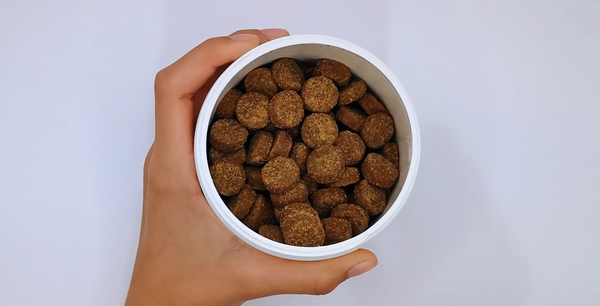
Esterilizar o castrar a su mascota
A algunas personas les resulta difícil saber la diferencia entre esterilizar o castrar. Aquí está la definición del Diccionario de inglés Encarta de América del Norte:
Esterilización: “extirpar quirúrgicamente los ovarios de una hembra y las partes adyacentes del útero”
Castración: “extirpar los testículos u ovarios de un animal”
Ahora que ya sabes qué es, te toca decidir si deseas que tu mascota se someta a este procedimiento. Es una decisión importante y puede afectar significativamente a su mascota, en más de un sentido.
No esterilizar o castrar a tu mascota puede significar que tu mascota pueda tener descendencia, es decir, una camada de gatitos o cachorros. Tienes que decidir si quieres que esto suceda. Tienes que decidir si deseas que tu mascota sea madre o si deseas que tu mascota sirva como semental para una hembra. Tu mascota en celo equivale a una hembra humana pasando por un ciclo menstrual.
Empecemos por los gatos en celo : Cuando tu gata entra en celo, puede comportarse de forma diferente a lo que tú estás acostumbrado. Su gato puede volverse inusualmente afectuoso e incluso frotar sus cuartos traseros contra sus muebles, otros gatos o personas. Se volverá inusualmente vocal y puede aullar durante varios días seguidos. Es posible encontrarla asumiendo una posición de apareamiento con la cabeza gacha, las patas delanteras dobladas y los cuartos traseros y la cola levantados, con las piernas pisando rítmicamente como si estuviera caminando en un lugar. Los gatos también pueden tender a rociar todo con un líquido fuertemente perfumado. Si su gata no logra aparearse, podría entrar en celo cada 2 o 3 semanas durante varios meses del año. La esterilización detendrá esto y sería una buena elección, a menos que tengas la intención de que ella se aparee y tenga gatitos.
Perros en celo : La duración y el intervalo de un ciclo para un perro en celo pueden variar con cada perro. En promedio, para la mayoría de los perros, el tiempo entre los períodos de celo es de aproximadamente 7 meses. Algunos perros pueden incluso andar en bicicleta cada 4 meses y otros solo una vez al año. La duración promedio de un ciclo de celo es de aproximadamente 3 semanas. Algunos pueden ser más cortos (tan solo de 7 a 10 días) y otros pueden ser más largos (4 semanas o más).
¿Cómo saber si tu perra está en celo? Durante la primera parte del ciclo de celo, notarás un poco de sangrado y algo de hinchazón en la vulva. Puede haber un aumento en la micción. Probablemente notarás un aumento de perros machos merodeando por tu casa. Pero, durante esta parte inicial del ciclo, su mascota hembra no permitirá que los machos se reproduzcan con ella, aunque los machos puedan ser persistentes. Sólo durante la siguiente fase del ciclo permitirá que un macho se reproduzca con ella, y esa fase puede durar entre 4 y 21 días. Después de eso, la hembra comenzará a perder celo y estará menos dispuesta a aparearse.
Su perra permitirá que casi cualquier macho se reproduzca con ella y, si no quiere cachorros mixtos, es mejor mantener a su mascota encerrada, contratar a un semental para que la atienda o esterilizarla. Si decide esterilizar a su mascota, es mejor esperar hasta que termine el ciclo de celo, lo que puede disminuir la posibilidad de complicaciones.
Si decides seguir adelante, debes, como con cualquier otra cirugía, preparar a tu mascota para el próximo procedimiento proporcionándole los nutrientes correctos para fortalecer el sistema inmunológico. Una vez finalizado el procedimiento, debes seguir administrando esos nutrientes para facilitar la recuperación.
La decisión de no esterilizar ni castrar a su mascota conlleva la responsabilidad de encontrar buenos hogares para las crías. Aunque es posible, puede ser una tarea muy tediosa y que requiere mucho tiempo. Y también deberías considerar la superpoblación de perros y gatos en el mundo actual. Muchos quedan abandonados por sus dueños. Sólo tienes que visitar tu refugio humanitario local para descubrir muchos animales desafortunados.

